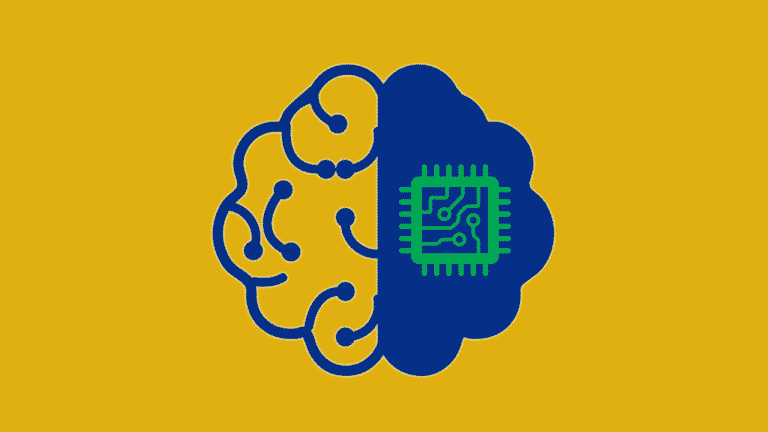Since the digital revolution began, there have been numerous cases of data breaches, identity theft, and loss of money. Cyber-attacks have become very pervasive and indiscriminate, as they can affect any individual, business, corporation, or government body. As such, we all need to understand the growing need for cybersecurity.
Luckily, there have also been technology advancements with significant impacts on cybersecurity. Artificial Intelligence (AI) is one of the tools and techniques that are major game-changers in the field of cybersecurity. In this article, we explore the current and future impact of AI on cybersecurity.
Contents
What Is Artificial Intelligence?
AI is a general term that spans several capabilities. At its core, Artificial Intelligence aims to imitate human intelligence to make decisions and solve problems. Typically, humans pre-code a specific set of commands that allows a machine to execute a task. The machine solely depends on that code to generate results, and it will produce the same result no matter how many times you run the code.
Artificial Intelligence is no longer just a buzzword. Currently, it’s being used widely in all kinds of industries. Education, healthcare, automation, and customer service are only some of the many industries where AI has activated progress by leaps and bounds.
Current Impact of AI and Cybersecurity
There are various ways in which Artificial Intelligence is making a difference as far as cybersecurity is concerned. They include:
1. Cyber Threat Detection
Organizations have to be able to detect cyber-attacks well in advance to be able to foil whatever the cybercriminals may be attempting to accomplish. AI has proven to be exceptionally useful when it comes to cyber threat detection.
According to Forbes, 61 percent of enterprises attest that they cannot detect breach attempts without the help of AI technologies. AI systems can identify unusual patterns, such as excessive use of resources (CPU, memory, etc.), abnormal transfers of data, strange connections, incorrect logins, and unusual traffic, etc.
2. Vulnerability Management And Prevention Control
After identifying possible threats, AI systems quickly classify them under different levels of severity, i.e., low, medium, high, or critical. What’s impressive about AI is that it can detect and track thousands of phishing sources and remediate much quicker than humans can.
AI systems play an active role in vulnerability management and prevention control. It can eliminate the cyber threats it identifies by dropping packets, blocking IP addresses, and shutting down processes, etc.
3. Password Protection And Authentication
According to a Pew Research Report, about 24 percent of online users keep their passwords in a digital document or note on one of their devices. While this allows users to access their login details easily, it gives cybercriminals an easy time getting a hold of those details and accessing their accounts.
Another field that AI continues to impact is the field of biometrics, which is the science of verifying one’s identity. AI biometrics offers a solution by providing validation for characteristics that are hard to mimic.
AI biometrics can be used for authentication by evaluating two types of characteristics to identify a user: behavioral and physical. Behavioral characteristics are based on distinctive behaviors like the tone of your voice, your typing style, and your error rates. Physical characteristics are based on distinctive and measurable characteristics such as your face, the iris of your eye, fingerprints, or DNA.
The finance industry is one of the industries that are experiencing the positive impact of AI biometrics. This technology is gaining momentum now that we have many banking, finance apps, and ATMs requiring voice or facial recognition.
Negative Implications Of AI On Cybersecurity
Even as we take note of the genuinely significant potentials of AI, we should also recognize the fact that further advancements in AI can give rise to new types of cyber threats. For instance, cybercriminals can use AI to hack into systems much faster and effectively than humans can. This is one of the reasons why cybersecurity is important.
The main implications of AI to the cybersecurity landscape include the amplification of existing threats, the variation of the nature of existing threats, and the development of new threats. The behavior-modeling processes of Artificial Intelligence, therefore, should be continuous to prevent AI from becoming obsolete or outdated.
Future Impact Of AI And Cybersecurity
AI technology will continue to have a major impact on many industries around the world. As AI technology continues to be incorporated into the devices we use every day, AI’s involvement in our day-to-day lives will continue to grow.
For cybersecurity, the primary focus is to find ways in which this technology will provide quicker analysis and mitigation of cyber threats. It will become even better at delivering successful responses to cyber-attacks, dynamically replicating the best defense mechanisms designed by human analysts.

